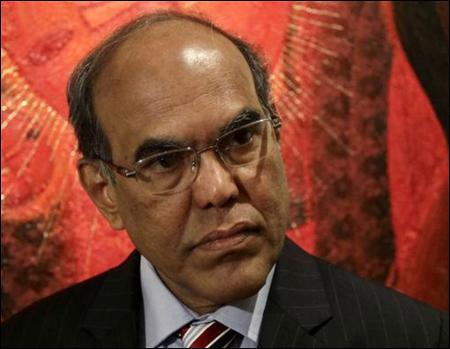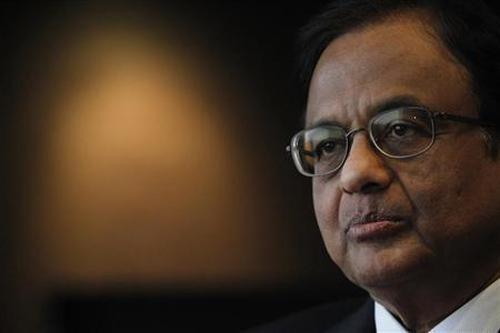
The distance between North Block and Mint Road has been growing for quite some time.
The latest evidence of tension is the finance ministry's decision to introduce a clause in the Banking Amendment Bill allowing banks to trade in commodity futures, despite the central bank's reservations on the issue.
The ministry has argued that this will enable banks to hedge exposure to agricultural lending arising out of price fluctuations.
While it is the ministry's prerogative to submit to Parliament the laws under which regulators like the Reserve Bank of India (RBI) will have to work, it is possible that it has not listened closely enough to the regulator's arguments, as a major stakeholder.
The RBI says the Forward Markets Commission still does not have statutory powers for compulsory registration of traders and brokers, which makes it difficult to curb illegal trading and prevent excessive speculation. It is true that allowing speculative funds to flow into commodity derivatives would be risky.
The tension between the two has been simmering for some time. The finance ministry made a rather unsubtle bid in October to persuade the RBI to cut interest rates just a day before the quarterly monetary policy review.
...

When the central bank refused to oblige, the finance minister said he would walk the path alone. The central bank continues to block the ministry's attempts to hive off its role as a manager of government debt.
In the past, the central bank had publicly disapproved of a Financial Stability and Development Council with the finance minister in charge and the RBI governor on a subcommittee.
A widening divide was also evident from repeated suggestions from the government that the RBI start the process of issuing fresh banking licences before banking regulation laws are amended to give the central bank more power over bank boards, as it wished.
Mint Road's discomfort with industrial houses entering the banking sector was evident from Deputy Governor Anand Sinha's recent statement that the RBI is "painfully aware of the pitfalls".
It is debatable whether getting industrial houses into banking is the best way to achieve greater financial inclusion. The power to supersede bank boards would be welcome, but that is not always a certain safeguard against the problems created by banks promoted by those with interest in other industries.
The dilution of the Glass-Steagall Act had led to a lot of problems in US banking; the line between investment banking and banking per se got blurred.
...

India needs more banks, but that could have been achieved by encouraging existing players to expand their network or allowing non-banking financial companies that have no links to industrial houses to get into banking.
This distance between ministry and regulator extends beyond the RBI. Recently, the finance ministry acted against the wishes of the Insurance Regulatory and Development Authority and allowed the Life Insurance Corporation of India (LIC) to increase its single company exposure to 30 per cent - a move termed imprudent by the insurance regulator.
By making this exception, the finance ministry has not just denied private players a level playing field, it has also increased the concentration risk for LIC - which, after all, invests insurance premiums.
While keeping Parliament's and the executive's constitutional rights in mind, a greater respect in New Delhi for regulators' views should ensure better policies and their effective implementation.
(Disclosure: Kotak Mahindra and associates are significant shareholders in Business Standard Limited)